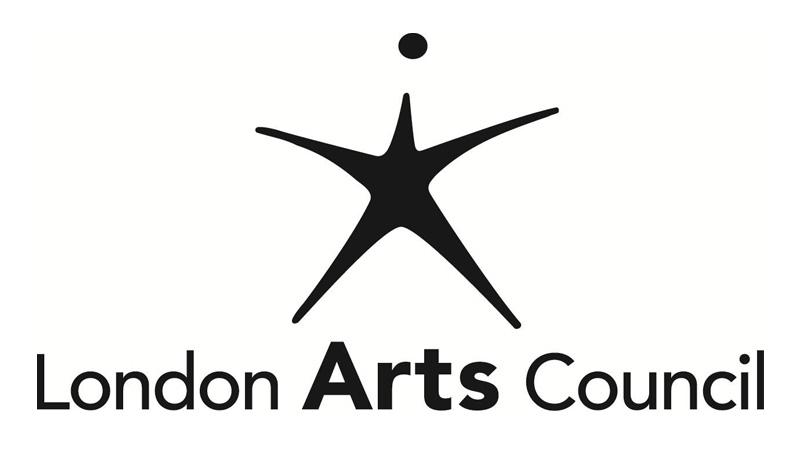Sold Out!
Boys have been singing at Vienna’s Imperial Chapel since 1296. In 1498, Emperor Maximilian I (HRR) moved his court to Vienna, thus founding the “Hofmusikkapelle” (Chapel Imperial), and the Vienna Boys Choir. Over the centuries, the Viennese Court attracted musicians like Heinrich Isaac, Johann Joseph Fux, Christoph Willibald Gluck, Antonio Salieri, Wolfgang Amadeus Mozart, and Anton Bruckner; Joseph Haydn, Michael Haydn, and Franz Schubert were themselves choir boys. Until 1918, the boys sang exclusively for the imperial court. In 1924, the Choir was reestablished as a private organisation.
Today, there are 100 choristers between the ages of nine and fourteen, divided into four touring groups. Each spends ten weeks of the year on tour. Between them, the choirs give around 300 concerts each year, attended by almost half a million spectators around the world. Since 1924, 2499 choristers have sung over 1000 tours in 98 different countries. The boys’ first tour of the USA took place in 1931, their first world tour in 1934-35.
On Sundays, the Choir performs with the Vienna Philharmonic and the State Opera Chorus in Vienna’s Imperial Chapel, as it has done for 520 years. In 2012, the Choir opened its own concert hall, MuTh: the state-of-the-art facility is hugely popular. The repertoire includes everything from Medieval to contemporary works.
The Choir performs with major orchestras, conducted by the likes of Zubin Mehta, Riccardo Muti, Christian Thielemann, Michael Tilson Thomas, Simone Young. A highlight are appearances at the Vienna Philharmonic’s New Year’s Concert. In 2012 and 2016, the boys performed under the baton of Mariss Jansons.
Since their first recording in 1907, the boys have recorded 376 shellacks, singles, LPs, and CDs. In 2015, the choir signed an exclusive deal with Deutsche Grammophon; their latest release was a CD of music by Strauss, “Strauss For Ever”. Numerous films and TV documentaries attest to the choir’s international appeal. New York filmmaker Curt Faudon has produced four major films about the boys. “Good Shepherds”, currently in production, has them singing with Maasai warriors, Sami reindeer herders, and primatologist Dr. Jane Goodall.
300 boys and girls attend the Vienna Boys Choir Schools. The Choir has a primary school, a middle school, and a successful High School programme catering to young singers. A quarter of the schools’ alumni go on to become professional musicians. Professor Gerald Wirth, himself a former choirboy, is the President and Artistic Director of the ensemble. The Choir’s education and singing tradition is listed by UNESCO as intangible cultural heritage in Austria.
Manolo Cagnin – Conductor
Born in Treviso, Italy, Manolo Cagnin developed an interest in music early in life. As a child, he learned to play the violin and viola at the Conservatory of Venice, then later went on to study choral music, conducting and composition in Venice and Milan. He completed his studies in Leipzig under Kurt Masur and Fabio Luisi.
In Leipzig, Mr. Cagnin served as assistant to the Thomanerchor’s artistic director, Georg Christoph Biller. He was music director of the Gewandhaus Orchestra’s 2007 production of “La Tragédie de Carmen”.
In 2008, Mr. Cagnin was named conductor of one of the Wiener Sängerknaben’s (Vienna Boys Choir) four touring choirs. He has since led the choir on numerous tours, taking him several times around the world. Over the last few years, Mr. Cagnin conducted a critically acclaimed production of Bach’s St John’s Passion as well as the hugely successful productions of Benjamin Britten’s The Little Sweep and Gerald Wirth’s The Journey of the Little Prince in Vienna. He was also responsible for the scores for Curt Faudon’s films on the Vienna Boys Choir, “Bridging the Gap”, released in 2013, and “Good Shepherds”, to be released later this year.
Mr. Cagnin finds working with the boys particularly rewarding, “They possess character and spirit. This is reflected in the way they make music. The children learn from me, and I learn from them.” Manolo Cagnin takes great care to match his choir’s repertoire to the boys’ personalities and voices. In addition to the choral concerts, he prepares the boys for masses with the Vienna Chapel Imperial (Wiener Hofmusikkapelle) and for appearances with the Vienna State Opera, and for sound and video recordings.
A spirited and charismatic conductor, Mr. Cagnin feels it is vital to communicate with the audience, “Music is a gift. As musicians, we have the obligation to share it. When you listen to us, we want to put a smile on your face.”
Rent The Aeolian
The Aeolian is a beautiful, unique, award-winning location to host your event.
While particularly renowned for its acoustic/live music presentations, the Aeolian is a versatile facility and can also host conferences and fundraisers.
Give the Gift of Aeolian
Looking for a unique and fun gift for a special someone?
Look no further than a gift card for The Aeolian. This is a perfect gift for any lover of music and the arts.





















